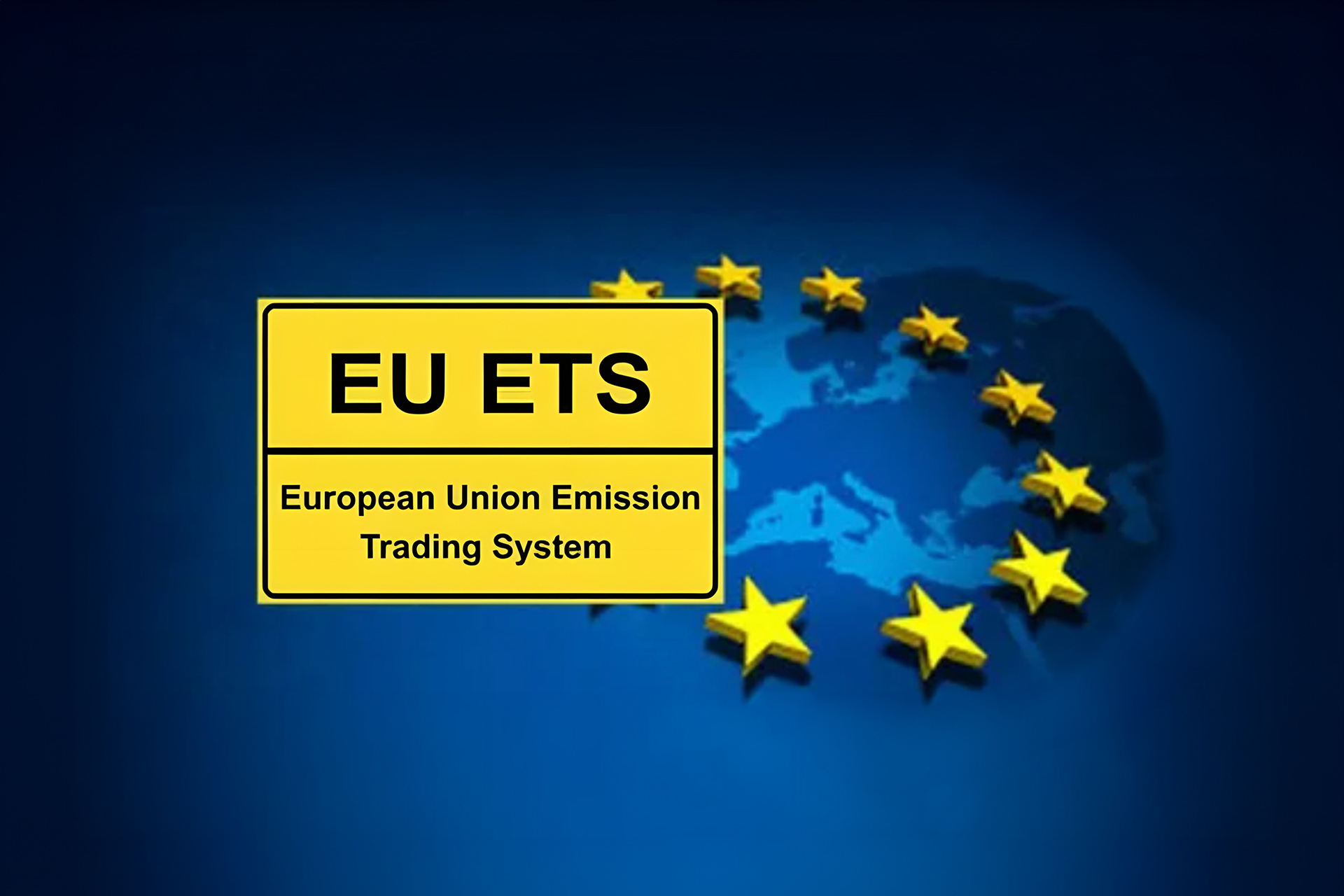The European Union Emissions Trading System (EU ETS) is a mechanism crucial to the EU’s efforts in cost-effectively reducing greenhouse gas emissions as part of its global climate change mitigation policy. Implemented in 2005, EU ETS operates through trading phases and is currently in its fourth phase (2021-2030). A decision by the EU Commission on June 5, 2023, brought CO2 emissions from vessels of 5,000 gross tonnage and above into the scope of EU ETS from January 1, 2024, irrespective of their flag. Maritime transport included in EU ETS accounts for 3% to 4% of CO2 emissions covered by the system.
Given Türkiye’s strong economic ties with the EU, Turkish maritime companies are developing various strategies to align with the EU’s emission reduction targets.
Arkas Line ETS Efforts
At Arkas Line, we have established an Operational Excellence (OpEx) department aligned with EU ETS to maximize operational efficiency in vessel operations beyond global commercial competition and regulatory requirements. Our goal is to integrate a technology-focused system ensuring full compliance with EU/IMO regulations. We aimed to contribute to company strategies with the OpEx department, which will manage the processes related to emission taxes of regulatory institutions and analyze new technologies and alternative fuel options such as FuelEU Maritime and Carbon Intensity Indicator, which are crucial in the maritime transportation industry.
Supported by the Digital Transformation Directorate, our OpEx department has developed EU ETS software. This enables us to effectively monitor, manage, and set our roadmap for emission reduction based on emission data from Arkas Line vessels.


